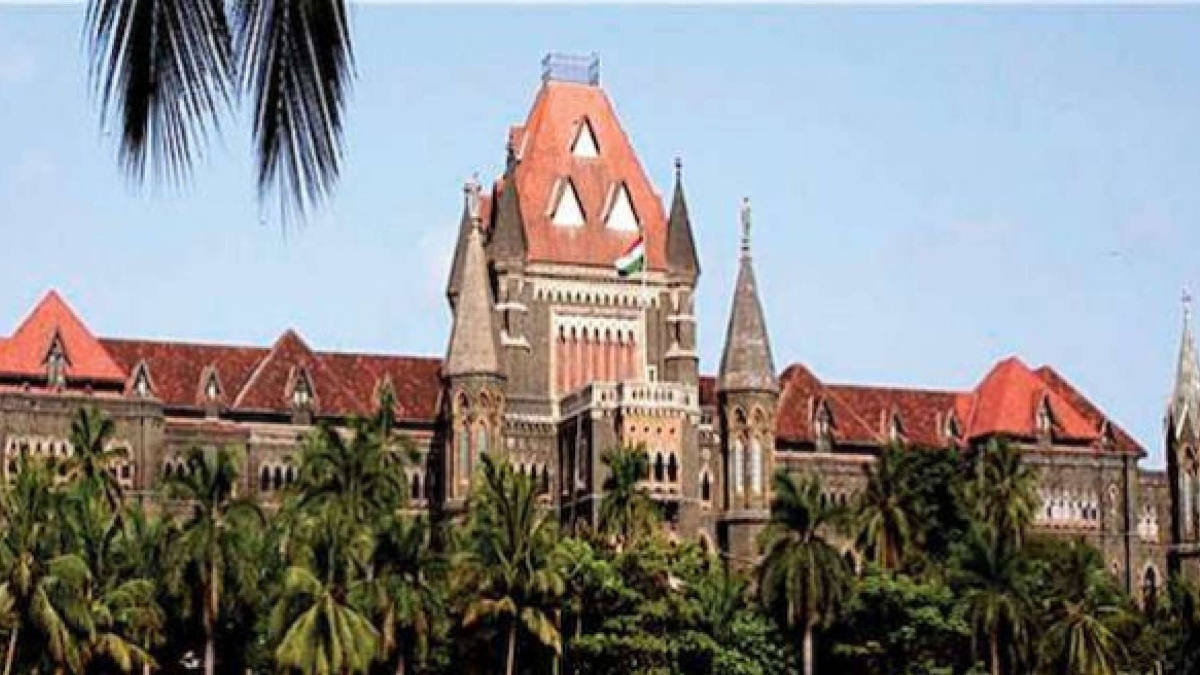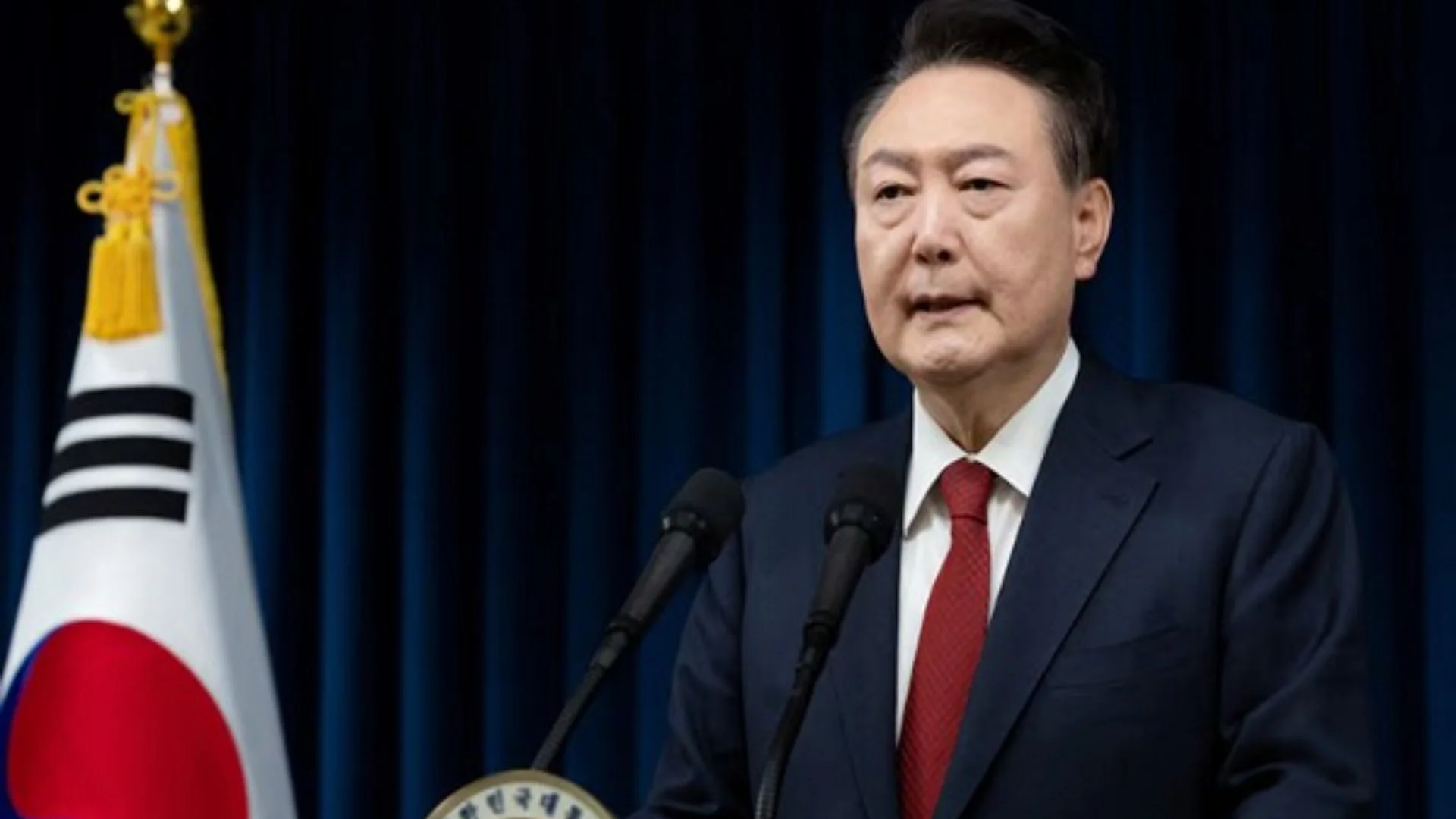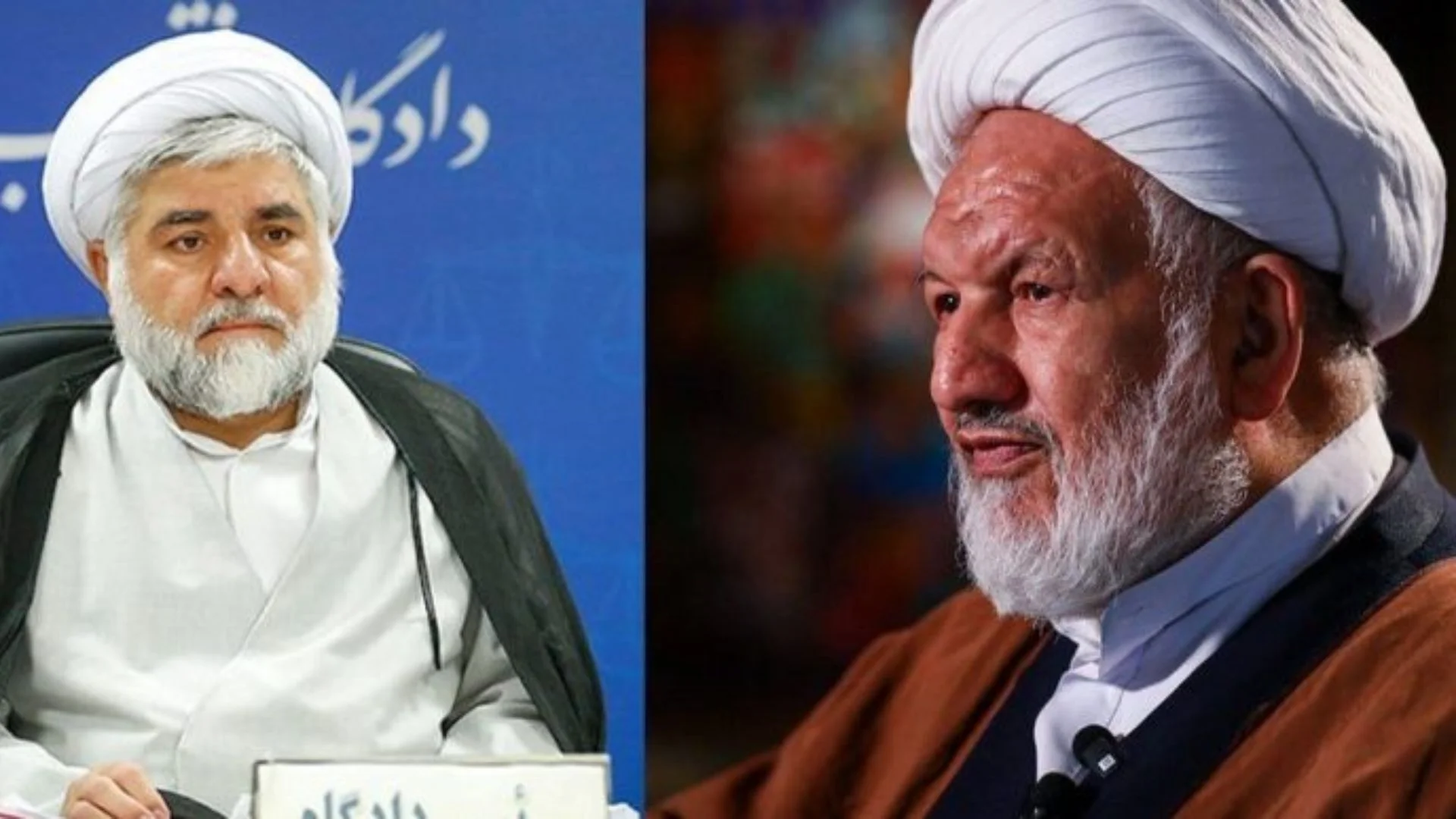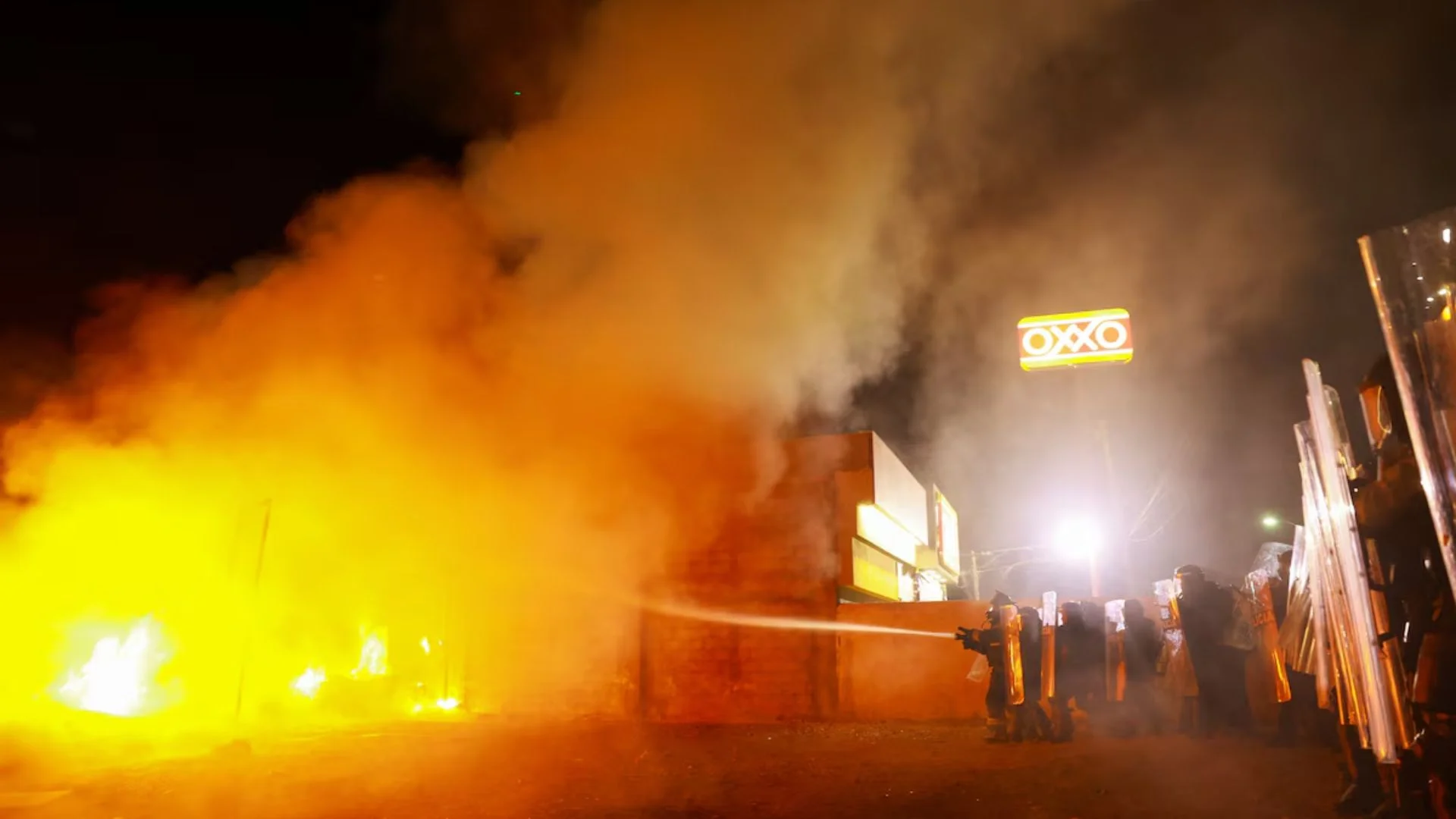We all saw how just recently on December 21, 2021, the Bombay High Court in a learned, laudable, landmark and latest judgment titled Siddhivinayak Umesh Vindhe Vs The State of Maharashtra & Anr. in Criminal Application No. 647 of 2021 with Criminal Application No. 27 of 2021 asked the Maharashtra State Government to consider making offence punishable under Section 498A of IPC a compoundable offence. The Court also pointed out that Andhra Pradesh is already taking this approach. Very rightly so!
According to a Bench of Justice Nitin Jamdar and Justice Sarang Kotwal making the offence compoundable will be beneficial for courts as well as litigants. The Bench very rightly observed that, “The parties can save expenses, time and energy in approaching the High Court. It will also free up the already crowded docket of this court. Most of these connected proceedings can be put to rest and the parties can resume normal life. It would be in the interest of the parties in such matters if the offence is made compoundable with permission of the Court. Therefore, we are of the opinion that the Government of Maharashtra should consider this aspect and consider making the offence under Section 498-A of IPC compoundable under Section 320 of Cr.P.C., with permission of the Court, as was done by the State of Andhra Pradesh.”
It would be pertinent to mention that the Court made these relevant observations during the hearing of a petition that was filed by one Siddhivinayaj Virdhe and his wife who sought quashing of an FIR registered against him in Solapur. It also deserves mentioning that the couple submitted that they have resolved the dispute and requested the court to quash the FIR registered under domestic violence charges. It cannot be glossed over that the court did accept the couple’s request for quashing the FIR but remarked rightly that a large number of writ petitions and applications are filed in this court seeking to quash FIR under Section 498A of IPC by stating that parties have settled.
To start with, the ball is set rolling in para 2 of this brief, brilliant, bold and balanced judgment authored by Justice Nitin Jamdar and Justice Sarang V Kotwal wherein it is put forth that, “The Respondent No.2 is present in the Court and she is appearing in person along with her father Rajendra Manohar Deshmukh who is practicing advocate at Madha, District Solapur. Considering the affidavit tendered by the Respondent No.2 and that Shri. Deshmukh is a practicing advocate, we have permitted Respondent No.2’s father to represent her.”
Simply put, the Bench then specifies in para 3 that, “The learned counsel for the Applicants and the Respondent No.2 jointly request that the F.I.R. filed by the Respondent No.2 be quashed as the Respondent No.2 has given her consent and Affidavit to that effect is filed.”
Of course, the Bench then brings out in para 4 that, “There are two Applications seeking to quash the same F.I.R. Application No. 647 of 2021 is filed by the husband of the Respondent No.2. Application No. 27 of 2021 is filed by the Applicant No.1 sister-in-law, Applicant No.2 brother of father-in-law, Applicant No.3 father-in-law and Applicant No.4 mother-in-law of the Respondent No.2. The Respondent No.2 filed an F.I.R. alleging mental and physical cruelty by the Applicants and that she was subjected to demands of dowry.”
Going ahead, the Bench then states in para 5 that, “The learned counsel for the Applicants and the Respondent No2. state that the divorce petition has been filed bearing Marriage Petition No. 117 of 2021 in the court of Civil Judge, Senior Division, Pandharpur, wherein, consent terms have been executed. It is stated that, in the light of the same, the dispute is settled.”
Truth be told, the Bench then specifies in para 6 that, “Considering this statement made on oath and in person before us, we find that the case for exercise of extraordinary jurisdiction of this Court is made out. The dispute led to filing of an F.I.R. is a matrimonial dispute which is now resolved. It does not have repercussion on the society at large.”
To put things in perspective, the Bench then observes in para 7 that, “There is however a wider issue. We note that very large number of applications and writ petitions are filed in this Court for quashing of F.I.R. filed under Section 498A of Indian Penal Code, on the ground that the parties have settled their dispute. These proceedings are then quashed by the High Court in its extraordinary jurisdiction. We had requested the learned Advocate General to assist the Court to ascertain whether Section 498A of IPC can be made compoundable with permission of the Court. We were of this prima facie opinion, in the light of the fact that the State of Andhra Pradesh by amendment in the Code of Criminal Procedure by Act of 11 of 2003 has amended Section 320 of the Code of Criminal Procedure and inserted Section 498A of the IPC in the table appended to Section 320 of Code of Criminal Procedure.”
As we see, the Bench then points out in para 8 that, “Learned Advocate General accepted that the State of Andhra Pradesh had already made the offence under Section 498-A of IPC a compoundable offence with permission of the Court with certain stipulations.”
Most significantly, the Bench then lays bare in para 9 that, “Shri Aradhye, learned counsel for the Applicants has ably assisted the Court on legal position at short notice. He places before us the extracts from the Law Commission Reports and Committees. The relevant discussion in 243rd Report of the Law Commission is as follow:
“ There is preponderance of opinion in favour of making the offence under S.498-A compoundable with the permission of the court. Even those (individuals, officials and organizations) who say that it should remain a non-bailable offence, have suggested that the offence should be made compoundable, subject to the permission of court. Some States, for e.g., Andhra Pradesh have already made it compoundable. The Supreme Court, in the case of Ramgopal v. State of M. P. in SLP (Crl.) No. 6494 of 2010 (Order dt. July 30, 2010), observed that the offence under S, 498-A should be made compoundable. However, there is sharp divergence of views on the point whether it should be made a bailable offence. It is pleaded by some that the offence should be made bailable at least with regard to husband’s relations and in respect of the cases failing under second part of the Explanation Clause (b) to Section 498-A.
As regards compoundability, the Commission has given a comprehensive report (237 th Report) under the title of “Compounding of IPC Offences”. The Commission recommended that the offence under Section 498A should be made a compoundable offence with the permission of Court. The Commission has suggested the inclusion of the following sub-section in S.320 Cr.PC:
After the application for compounding an offence under S.498A of Indian Penal Code is filed and on interviewing the aggrieved woman, preferably in the Chamber in the presence of a lady judicial officer or a representative of District Legal Services Authority or a counselor or a close relation, if the Magistrate is satisfied that there was prima facie a voluntary and genuine settlement between the parties, the Magistrate shall make a record to that effect and the hearing of application shall be adjourned by three months or such other earlier date which the Magistrate may fix in the interests of Justice.
On the adjourned date, the Magistrate shall again interview the victim woman in the like manner and then pass the final order permitting or refusing to compound the offence after giving opportunity of hearing to the accused. In the interregnum, it shall be open to the aggrieved woman to file an application revoking her earlier offer to compound the offence on sufficient grounds.”
(emphasis supplied)
In the 154th Report of the Law Commission also there was a clear recommendation to make the offence compoundable. Justice Mallimath Committee on Criminal Justice Reform also recommended that it should be made compoundable. In the Committee of Petitions (Rajya Sabha) Report presented on 7th September 2011 regarding this issue, following were the recommendations under the heading “Making the offence under Section 498-A IPC compoundable” :
“The Committee notes that the offence under Section 498A IPC is essentially a fallout of strained matrimonial relationship for which there might be various considerations. Since there can be various causes leading to an offence under Section 498A IPC and parties to the marriage could be responsible for the same in varying degrees, it would be appropriate if the remedy of compromise is kept open to settle a matrimonial dispute. In this context, the Committee feels that in case of any marital discord which has reached the stage of a complaint under Section 498A IPC, it would be better if the parties have the option of a compromise where after they can settle down in their lives appropriately for a better future rather than diverting their energies negatively by pursuing litigation. The Committee recommends to the Government to consider whether the offence under Section 498A IPC can be made compoundable.”
(emphasis supplied)
These recommendations are eloquent. It would be in the interest of all the parties concerned if the offence under Section 498-A of IPC is made compoundable with permission of the Court with certain safeguards.”
No less significant is what is then propounded in para 10 that, “When there is a discord between husband and wife, it leads to various litigations. Invariably prosecutions are launched under Section 498-A of IPC; the proceedings under the Protection of Women from Domestic Violence Act; the proceedings for maintenance under Section 125 of the Code of Criminal Procedure, divorce proceedings etc. On most occasions, all these proceedings are generally pending in different cities and, therefore, it is difficult and expensive for the parties to approach the High Court for getting the FIR and other proceedings under Section 498-A of IPC quashed under Section 482 of Cr.P.C. If the offence under Section 498-A of I.P.C. is made compoundable with permission of the Court, the Magistrate can interact with the parties. Parties can apply to the local Courts. Quite often Applications under the Protection of Women from Domestic Violence Act are also filed from the same dispute, which are triable by the Magistrate. If Section 498A of IPC is made compoundable the same Court can settle the dispute comprehensively.”
Equally significant is what is then envisaged in para 11 that, “The parties can save expenses, time and energy in approaching the High Court. It will also free up the already crowded docket of this court. Most of these connected proceedings can be put to rest and the parties can resume normal life. It would be in the interest of the parties in such matters if the offence is made compoundable with permission of the Court. Therefore, we are of the opinion that the Government of Maharashtra should consider this aspect and consider making the offence under Section 498-A of IPC compoundable under Section 320 of Cr.P.C., with permission of the Court, as was done by the State of Andhra Pradesh.”
As it turned out, the Bench then mentions in para 12 that, “The learned Advocate General assured the Court that the State will ascertain whether the State of Maharashtra will also consider amendment to the Schedule appended to Section 320 of Code of Criminal Procedure to include Section 498A of the IPC as a compoundable offence with the leave of the Court. We hope and trust the State of Maharashtra will take positive steps in this regard.”
As a corollary, the Bench then holds in para 13 that, “Reverting to the Applications at hand, in the light of what is discussed above, the Applications are allowed in terms of prayer clause (b) in both the Applications.”
Finally, the Bench then concludes by holding in para 14 that, “Copies of this order be sent to the office of learned Advocate General and learned Public Prosecutor.”
In sum, the Bench of Justice Sarang V Kotwal and Justice Nitin Jamdar of the Bombay High Court have been considerate enough to take the absolutely right step of asking the Maharashtra State Government to consider making Section 498A of the IPC a compoundable offence which it must do urgently on a war footing. This will ensure that its misuse is contained to a large extent! It brooks no more delay!
It would not be incongruous to say that even the Centre should also not sit idle and similarly consider this seriously and act accordingly so that the misuse of this notorious Section 498A of IPC is minimized to the maximum possible extent! This is the crying need of the hour also! This alone explains why the Bombay High Court has been so vocal in asserting in its favour as we see while having a cursory look at this notable judgment!
Sanjeev Sirohi is an advocate























